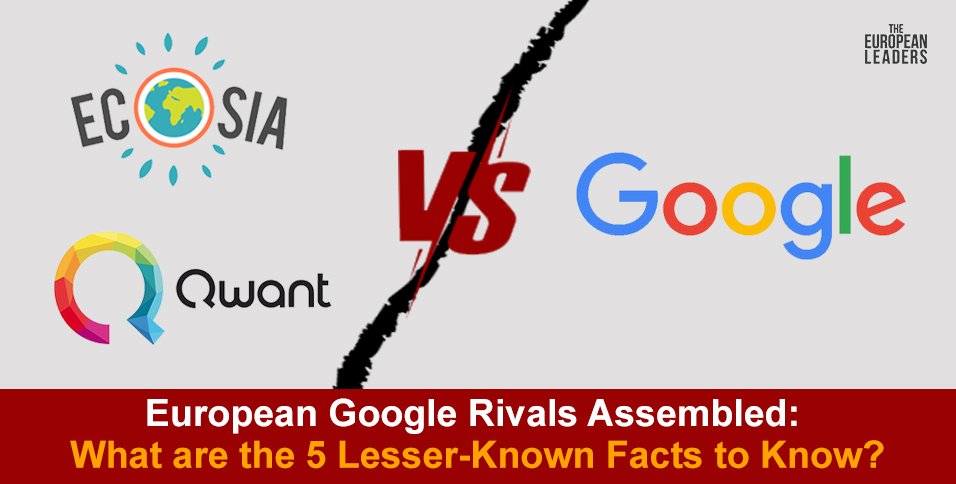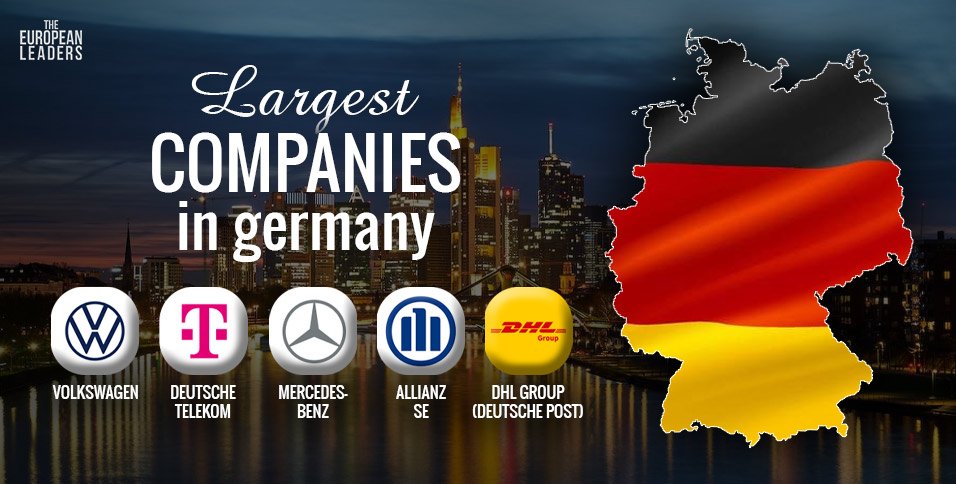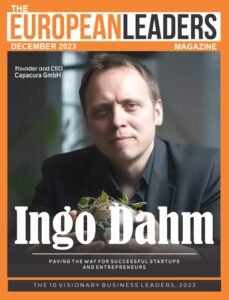The European Leaders
12 November 2024
Berlin – European Google rivals have recently taken center stage with a significant partnership between Ecosia, the eco-conscious search engine from Germany, and Qwant, a French search engine emphasizing privacy.
Together, they aim to create a new search infrastructure named European Search Perspectives (EUSP), a move that seeks to provide a European alternative to Google and lessen reliance on U.S.-based tech giants.
This collaboration is emblematic of Europe’s desire to assert its digital independence. Here’s what you need to know about these European challengers and the developments shaping this evolving landscape.
The Birth of European Search Perspectives (EUSP)
Today, Ecosia and Qwant announced the formation of EUSP, set to be operational by 2025. This initiative will establish an independent, privacy-first search index that supports their platforms and potentially other search engines. This collaboration is expected to empower European digital sovereignty and is partially inspired by the European Union’s Digital Markets Act (DMA), which seeks to reduce U.S. tech dominance in Europe.
Motivations Driving This Partnership
- Geopolitical Concerns: Ecosia’s CEO, Christian Kroll, emphasized that Europe’s reliance on U.S. tech companies could lead to potential service disruptions, especially amid political tensions. Establishing a self-sufficient digital infrastructure is seen as a critical measure for Europe.
- Support from EU Regulations: The DMA offers crucial support, encouraging fairer competition by mandating that dominant firms, like Google, share essential data with competitors. This regulation provides an opportunity for smaller European companies to build their technologies, making the EUSP vision more feasible.
Hard to Crack Google’s Market Dominance?
Despite the new search initiatives, Google’s dominance remains strong, especially following its 2020 implementation of the choice screen on Android devices in Europe.
While this feature aimed to offer users alternatives during setup, it hasn’t substantially shifted Google’s market hold. Here’s a breakdown of the current landscape:
- Minimal Shift in Market Share: Even after the choice screen’s introduction, Google’s market share in Europe has reportedly increased, from holding around 97% of the mobile search market in May 2018 to even higher levels by 2023. This indicates the limited impact of choice-screen efforts in weakening Google’s foothold.
- Consumer Behavior and Loyalty: Studies show that many users perceive Google as providing superior search results and user experience, which makes them reluctant to switch. Consumer habits, ease of use, and a strong familiarity with Google services contribute to this loyalty, making it harder for alternatives to capture significant market traction.
Challenges European Google Rivals Face
European search engines like Ecosia and Qwant have historically relied on U.S.-based platforms for their functionalities, notably Microsoft’s Bing. Creating an independent search index is a substantial undertaking, but it’s necessary to alleviate dependency on these external services and to ensure stability, especially given rising operational costs and potential service risks.
Lesser-Known Facts About European Google Rivals
Here we list the top 5 facts about Google’s rivals in the European market:
- Environmental Commitment of Ecosia: Known as one of the world’s largest reforestation initiatives, Ecosia has planted over 200 million trees globally, using search profits for sustainability rather than purely technological advancements.
- Privacy-Centric Focus of Qwant: Unlike most search engines, Qwant doesn’t track user activity or sell personal data, prioritizing privacy from the ground up, which distinguishes it from Google’s data practices.
- Localized Language Support: EUSP will initially launch in German and French, with a strong emphasis on European languages, cultures, and privacy needs.
- Emerging AI Integration: EUSP aims to extend beyond search, exploring applications in artificial intelligence to support Europe’s digital innovation.
- Persistent Brand Recognition Challenge: Even with EUSP’s potential, Google’s market presence remains formidable. While privacy and environmental commitments appeal to some users, the majority still default to Google due to familiarity and convenience.
The Broader Implications of EUSP
For European consumers, the rise of EUSP may soon mean more diverse choices in search engines, offering local solutions that respect privacy and support digital sovereignty. However, Ecosia and Qwant’s attempts to gain market traction amidst Google’s continued dominance underscore the immense challenge facing European tech firms in today’s globalized digital landscape.








